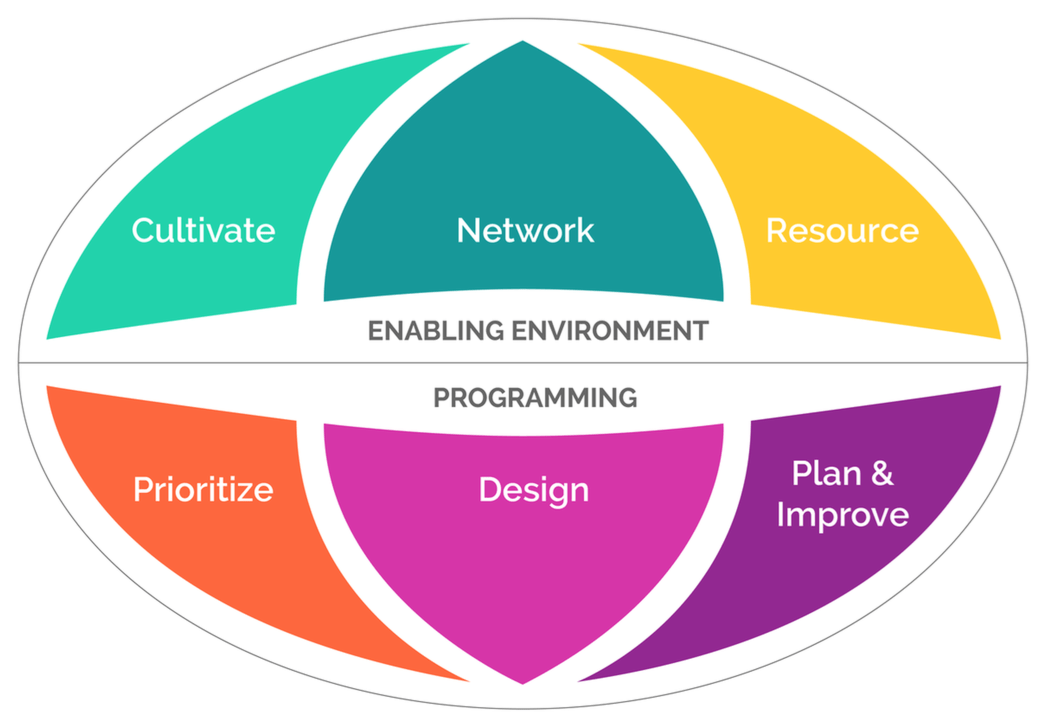GKI Unveils New Resource to Support Innovation in Global Development
For immediate release: September 15th, 2017
Improving the Ability to Make Decisions that Advance Organizational Innovation
Washington D.C., USA: New research from the Massachusetts Institute of Technology’s (MIT) Comprehensive Initiative on Technology Evaluation (CITE) reveals that the approach used by many organizations to assess and adopt innovation is subpar. Lacking are better processes to understand when and why innovation is needed and incorporate it into organizational and individual work. The Global Knowledge Initiative (GKI) collaborated with MIT on this research, examining the path to innovation adoption in the agricultural sector specifically, with case work in Tanzania. As a result of the research and GKI’s extensive experience training individuals, organizations, and networks, GKI has launched an Improved Innovation Decision Making (IIDM) Toolset. The IIDM guide for practitioners is designed to aid organizations and individuals seeking to build the capacity of problem solvers to innovate and collaborate more effectively.

This innovation resource addresses two key components: (1) cultivating an innovator’s mindset and (2) improving the processes that support decision making along the journey from idea to impact. GKI asserts that both of these ingredients are vital for decision making to yield improved innovation. The stages of decision making the Toolset guides users through include adopting the right mindset and utilizing clear processes for generating insights, reframing challenges, developing and testing new ideas, and determining a course of action.
GKI’s work in the field of global development has emphasized the need for more support for individuals at the front lines of complex, interconnected, and dynamic challenges where organizations are frequently expected to do more to solve challenges with fewer resources. GKI’s Chief Operating Officer Sara Farley emphasizes, “The increasing gap between the need to innovate within global development organizations and the limited support given to innovation capacity building beckons for a response. We (GKI) knew we were in a prime position to develop a framework to adapt and address complex change and we’re thrilled to collaborate with organizations to address dynamic, uncertain futures with the right mindset, skillset, and toolset to succeed.” The IIDM Toolset was designed specifically to help decision makers address changing policies, environments, and other external and internal variables.
Working in close collaboration with the Alliance for a Green Revolution in Africa (AGRA), the IIDM guide for practitioners speaks to practitioners in research, industry, government, and civil society. GKI has run eight in-person and online innovation decision-making trainings for approximately 215 key actors in the U.S. and Tanzania since its launch, with demand growing. Elizabeth Maeda from USAID Tanzania, a participant from a recent June training in Dar es Salaam, highlighted the challenges facing sustainable innovation within the context it is introduced:
“Farmers are often not consulted during the design process, they just receive it as a ready package regardless of their specific needs. Technology adoption amongst farmers isn’t low because farmers don’t understand technology, but because farmers haven’t been consulted in the design process and the technology might not meet their needs. These [IIDM processes] are helpful for an inclusive conversation on design.”
GKI is eager to engage with any organizations that seek training resources for tackling deeply embedded, complex global challenges.GKI has extensive experience working in agriculture, education, healthcare and policy reform. If seeking training opportunities from GKI or a copy of the toolset, please contact Cait Goddard (caitie@gkinitiative.org) for further information.







